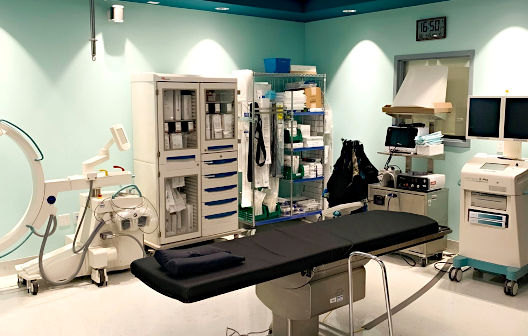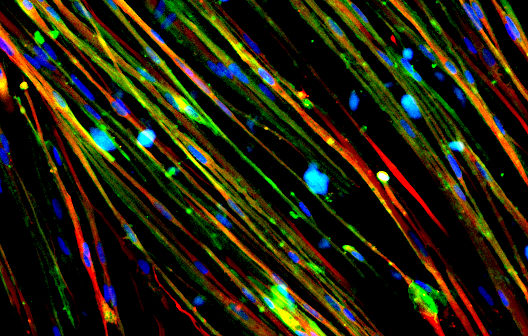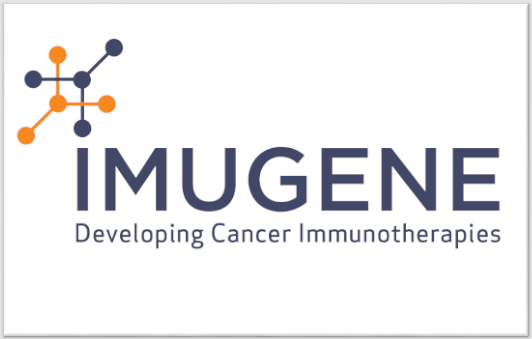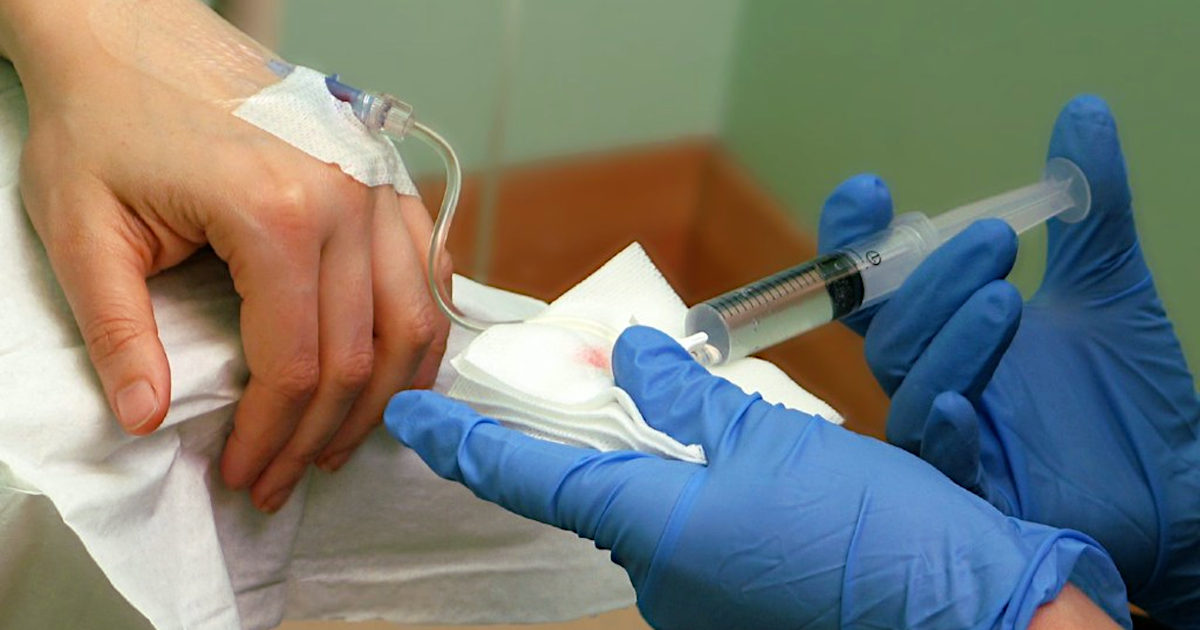Phil & Pam Gladwell (Flickr)
FDA Oncology Director Expresses Concerns Over Applicability of Chinese Data
The Food and Drug Administration (FDA) will soon begin reviewing two dozen applications for cancer drugs. The trial data is based, in many cases, entirely on tests from mainland China. The U.S. regulator has begun expressing concerns about the quality of studies conducted in China and whether the results should even apply to patients in the U.S.
Background
Eli Lilly (LLY) has applied for a license to roll out a lung-cancer immunotherapy developed in China and sell it at a lower price than similar drugs now in the U.S. The application is for a drug called Sintilab, which is a PD-1 monoclonal antibody checkpoint inhibitor for non-small cell lung cancer. The FDA has concerns over the validity of test results. This could threaten the plan to bring the treatment to market later this year. How the FDA concerns translate into actions will become clearer after February 10th when they begin reviewing the data from Lilly’s Chinese partner, Innovent Biologics Inc. Lilly’s application is just the first of many applications to be considered by the agency, the decision is expected by late March.
The shift in thinking could stall or threaten applications from many large drugmakers, including Eli Lilly and Novartis, who stand to gain billions of dollars in sales from being the conduit for these medicines. It could also heighten trade tensions between the two countries.
|
“The elephant in the room is obviously, what is the quality of the data that is coming from these foreign countries?” Dr. Richard Pazdur, FDA |
FDA Considerations
Richard Pazdur, director of the FDA’s Oncology Center of Excellence, has been quoted in academic and medical literature about his new concerns regarding “me-too” drugs coming from China and the fundamental challenges they pose to the agency’s drug approval criteria. This includes whether results, provided primarily from test subjects in China, are applicable to Americans, and the validity of the data. Pazdur has said, “We have nothing against drugs being developed in China. Our issue is, are those results generalizable to the U.S. population?”
Clinical trials, especially extensive, late-stage studies that regulators review to decide whether to approve a new drug, are among the highest research and development expenses. Industry executives are watching to see if the newer mindset leads to delays or outright FDA rejections of increased efforts to bring a pipeline of treatments to American patients from abroad. Perhaps measures and additional assessments of benefits and safety profiles on different populations will be needed in the future. Dr. Pazdur has expressed when drugs are tested only or primarily in one country such as China, it is difficult to assess whether the drug would have the same benefits and safety profile in the U.S. population. Dr. Pazdur also said he was concerned the Chinese studies used outdated study designs, which don’t directly establish whether the China-developed drug works, as well as similar drugs, approved in the U.S.
There are also concerns that go beyond the applicability of the data. Dr. Pazdur has also shown concern about the integrity of data generated by drug studies in China. According to the British Medical Journal, an analysis by Chinese regulators in 2016 found that about 80% of domestic drug applications reviewed at that time, contained fabricated, flawed, or insufficient data in the studies – in some cases, there were discrepancies between original study data and what was submitted to regulators.
Take-Away
A growing trend of large drugmakers partnering with testing labs in China as part of an application for U.S. FDA approval may be faced with an FDA, that had once been friendly to the idea, but now has openly changed its tone. The new thinking seems to be, that there may be differences in medical care and populations that affect how a drug performs.
This could impact two dozen applications before the FDA. A final agency decision on whether to clear the Lilly/Innovent treatment is expected by the end of March.
Managing Editor, Channelchek
Suggested Reading
 Understanding the FDA Medical Device Approval Pathways Helps Investors
|
 Immunotherapy to Treat Cancer May Involve Placing Cancer Cells in the Body
|
 Therapeutic Research Advanced by Stem Cell Science
|
 Imugene (IUGNF) – Three Innovative Platforms That Could Change Cancer Treatment
|
Source
https://www.fda.gov/media/156021/download
https://www.statnews.com/2022/02/04/fda-richard-pazdur-cancer-drug-eli-lilly-china/
https://cancerletter.com/conversation-with-the-cancer-letter/20220204_1/
https://www.nejm.org/doi/full/10.1056/NEJMp2116863
Stay up to date. Follow us:

|
